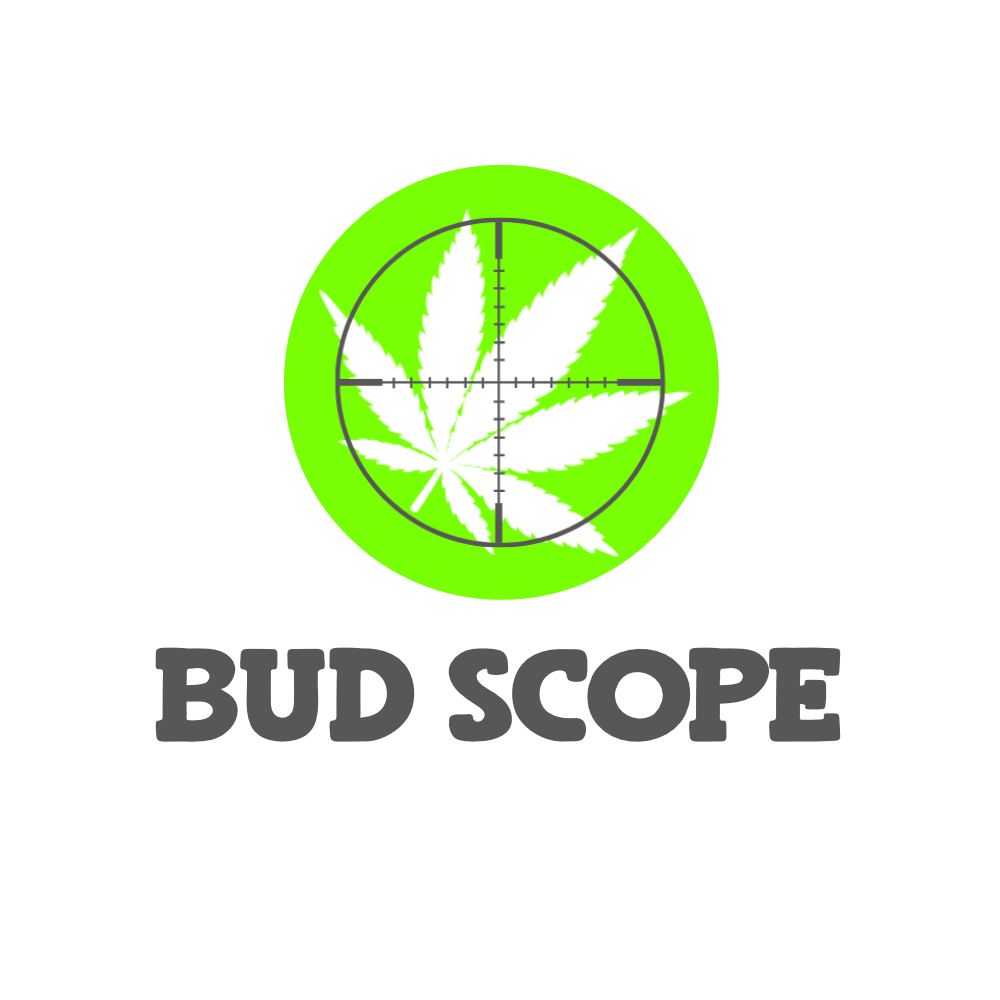Psychosis Overview
- Definition: Psychosis is a mental condition leading to difficulties in determining reality.
- Signs and Symptoms: Include delusions, hallucinations, incoherent speech, inappropriate behavior, sleep problems, and social withdrawal.
- Causes: Mental illnesses like schizophrenia, bipolar disorder, trauma, sleep deprivation, certain medications, and substance abuse.
- Epidemiology: Around 3% of people in the US experience psychosis in their lifetime.
- History: Documented since ancient times by Hippocrates and in the Egyptian Ebers Papyrus.
- Treatment: Involves antipsychotic medication, psychotherapy, and social support.
- Postpartum Psychosis: Specific type occurring after childbirth, linked to bipolar disorder, with an increased risk of suicide or infanticide.
Symptoms and Manifestations
- Hallucinations: Sensory perceptions without external stimuli, involving any sense and taking various forms.
- Delusions: Fixed false beliefs despite evidence, prevalent in schizophrenia and bipolar disorder.
- Disorganization of Speech/Thought or Behavior: Includes disorganized speech, motor behavior, and catatonia types.
- Negative Symptoms: Reduced emotional expression, motivation, and spontaneous speech, with anhedonia and altered behavioral inhibition system functioning.
- Psychosis in Adolescents: Rare but can lead to hallucinations, delusions, cognitive deficits, and comorbidities, making diagnosis challenging.
Causes and Risk Factors
- Psychiatric Disorders: Serious conditions like schizophrenia and bipolar disorder.
- Temporary Psychosis: Induced by medications or substance use.
- Normal States: Brief hallucinations in healthy individuals due to falling asleep, severe sleep deprivation, or extreme stress.
- Psychoactive Drugs: Various substances can cause or exacerbate psychotic states, with cannabis, methamphetamine, and alcohol having specific effects.
- Neurobiology: Involving dopamine, NMDA receptor dysfunction, and abnormal brain activation in hallucinations and delusions.
Effects of Specific Substances
- Alcohol: About 3% of people with alcoholism experience psychosis, leading to chronic substance-induced psychotic disorders.
- Cannabis: Associated with an increased risk of psychotic disorders, with THC and CBD having opposite effects on psychosis.
- Methamphetamine: Induces psychosis in heavy users, with genetic vulnerability and long-lasting effects on brain neurochemistry.
- Psychoactive Drugs: Caffeine may worsen symptoms in schizophrenia, while cannabis and illicit drugs are linked to psychosis, especially in adolescents.
Neurobiology and Culture
- Dopamine Hypothesis: Suggests antipsychotics reduce symptoms by affecting dopamine receptors, with a complex relationship between dopamine and psychosis.
- Neurobiology: Involving NMDA receptor dysfunction, hierarchical Bayesian neurocomputational models, and reduced GAD67 expression in psychotic disorders.
- Culture: Cross-cultural studies show varying experiences of psychosis, with different interpretations and experiences of hallucinations in different regions.
Psychosis Data Sources
| Reference | URL |
|---|---|
| Glossary | https:/glossary/psychosis |
| Wikipedia | https://en.wikipedia.org/wiki/Psychosis |
| Wikidata | https://www.wikidata.org/wiki/Q170082 |
| Knowledge Graph | https://www.google.com/search?kgmid=/m/03l9p5 |
| DBPedia | http://dbpedia.org/resource/Psychosis |
| Product Ontology | http://www.productontology.org/id/Psychosis |
